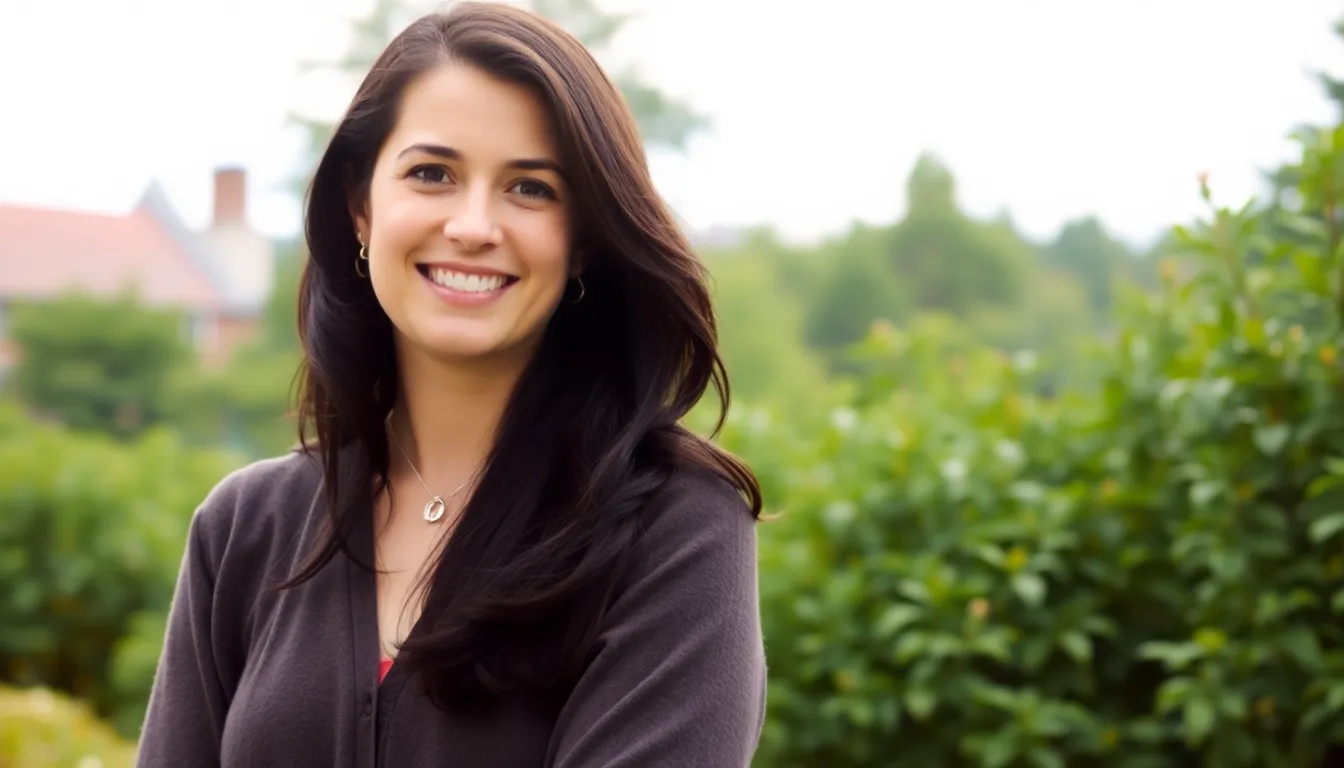In 1995, a young Monica Lewinsky found herself at the center of one of the biggest political scandals in U.S. history. But how old was she during this whirlwind year? Spoiler alert: she was just 22, navigating her early twenties while the world was about to turn upside down.
Overview of Monica Lewinsky
Monica Lewinsky became a prominent figure in the political landscape of the United States in 1995. At that time, she was just 22 years old and working as an intern at the White House. Her involvement with President Bill Clinton led to significant media scrutiny and political fallout.
Born on July 23, 1973, she graduated from Lewis & Clark College in 1995. Lewinsky’s youth played a crucial role in shaping public perception, as many viewed her as a symbol of scandal rather than an individual with her own story. Despite facing immense pressure, she navigated her personal and professional life amidst the events that unfolded.
As the scandal intensified, Lewinsky experienced various challenges, including threats to her privacy and mental health. A media frenzy erupted as reporters sought to uncover details about her relationship with Clinton. Navigating her early twenties became increasingly complex due to the situation’s public nature.
Lewinsky later transitioned to advocacy, using her experience to promote discussions about social issues such as bullying and public shaming. Now more than two decades later, she remains a vocal advocate for mental health awareness and women’s rights. Given her age during the scandal, her perspective on the events has evolved significantly over the years.
Monica Lewinsky’s Birth Date

Monica Lewinsky was born on July 23, 1973. Her early years shaped her future, leading to significant events before 1995.
Significant Life Events Prior to 1995
She grew up in Los Angeles, California, in a well-off Jewish family. Attending the prestigious Beverly Hills High School, Lewinsky excelled academically and developed a strong interest in politics.
Graduating high school in 1990, she pursued her education at Santa Monica College. Afterward, she transferred to Lewis & Clark College in Oregon, where she earned a degree in psychology in 1995. During her college years, she obtained a summer internship at the White House, marking the beginning of her pivotal role in American history.
Ultimately, these experiences, combined with her education, positioned her for the events that unfolded in 1995.
The Year 1995
In 1995, Monica Lewinsky marked a significant turning point in American political history. At just 22 years old, she started her role as an intern at the White House, caught in the midst of a scandal that would define her life.
Monica’s Age in 1995
Monica Lewinsky was born on July 23, 1973. During the year 1995, she celebrated her 22nd birthday while navigating life as a young intern. As the events unfolded, her age played a crucial role in shaping public perception. She represented youth and naivety against the backdrop of a high-stakes political landscape. The age differential between her and then-President Bill Clinton underscored the nature of their relationship, intensifying media scrutiny and public discourse.
Context of Events in 1995
Major events unfolded in 1995 that set the stage for the political scandal. The year saw increasing political tensions in the U.S., alongside a growing discussion about the implications of personal behavior in political life. Lewinsky’s relationship with Clinton surfaced amidst these events, leading to investigations and public hearings. The media frenzy escalated rapidly, targeting Lewinsky’s background, her character, and her choices as a young woman in a powerful environment. This context shaped the narrative around her as a central figure in one of the nation’s most memorable political controversies.
Impact of 1995 on Monica Lewinsky’s Life
1995 marked a turning point in Monica Lewinsky’s life, shaping her identity amidst the political turmoil. At age 22, she became an intern at the White House, entering a world filled with scrutiny and power dynamics. President Bill Clinton’s involvement with her thrust her into the national spotlight, where she was often depicted solely as a scandal figure rather than an individual with aspirations.
Media coverage relentlessly focused on her age and relationship dynamics, casting her as a symbol of youthful naivety against a backdrop of political intrigue. Insights into her background revealed a strong individual. Raised in an affluent Jewish family in Los Angeles, Lewinsky attended Beverly Hills High School, excelling academically and igniting her interest in politics. Significant life experiences during these formative years set the stage for her unexpected role in U.S. history.
Investigations and public hearings followed, as major political tensions arose. This environment not only affected her but also influenced the national conversation about personal conduct and ethics in leadership. Suddenly, Lewinsky’s private life became public fodder, shifting the focus away from her capabilities and ambitions.
Decades later, advocacy became a new chapter in her life. Today, Lewinsky utilizes her story to address crucial social issues like bullying and public shaming. By focusing on mental health awareness and women’s rights, she continues to reshape her narrative, highlighting the lessons learned from her past. Overall, 1995 catalyzed a profound transformation in how she views her journey and influence.
Monica Lewinsky’s experiences in 1995 not only defined her youth but also transformed her into a figure of national significance. At just 22 years old, she found herself at the center of a political scandal that would forever alter public discourse on personal conduct and ethics. The intense scrutiny she faced highlighted the complexities of her situation, overshadowing her ambitions and capabilities.
Today, Lewinsky’s journey reflects a powerful evolution from a symbol of scandal to an advocate for important social issues. Her story serves as a reminder of the lasting impact of public perception and the importance of empathy in discussions about personal struggles.
